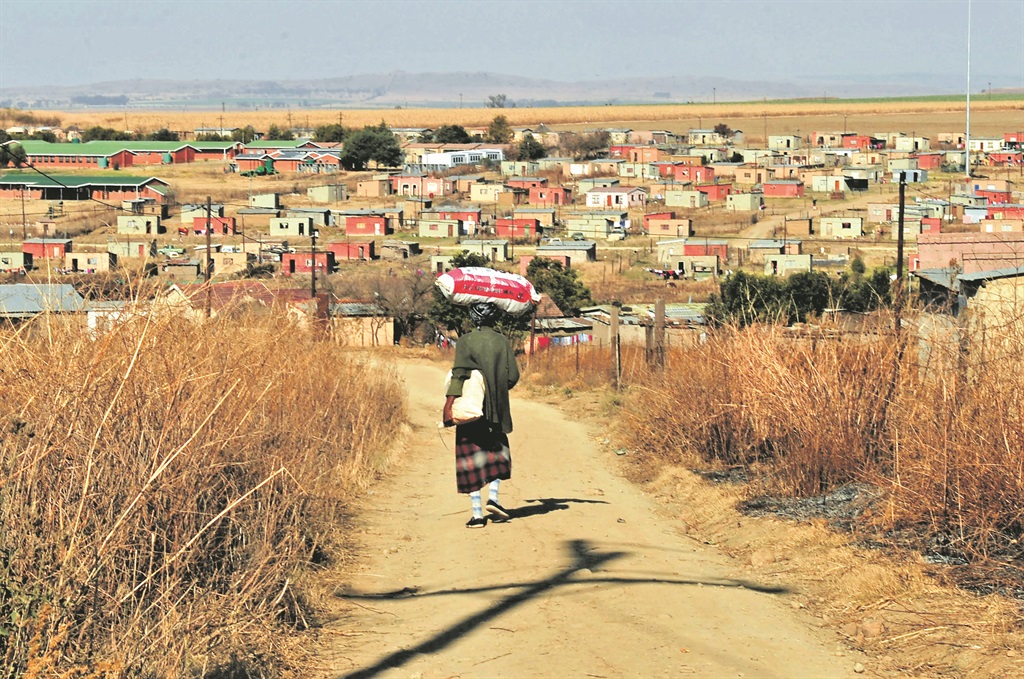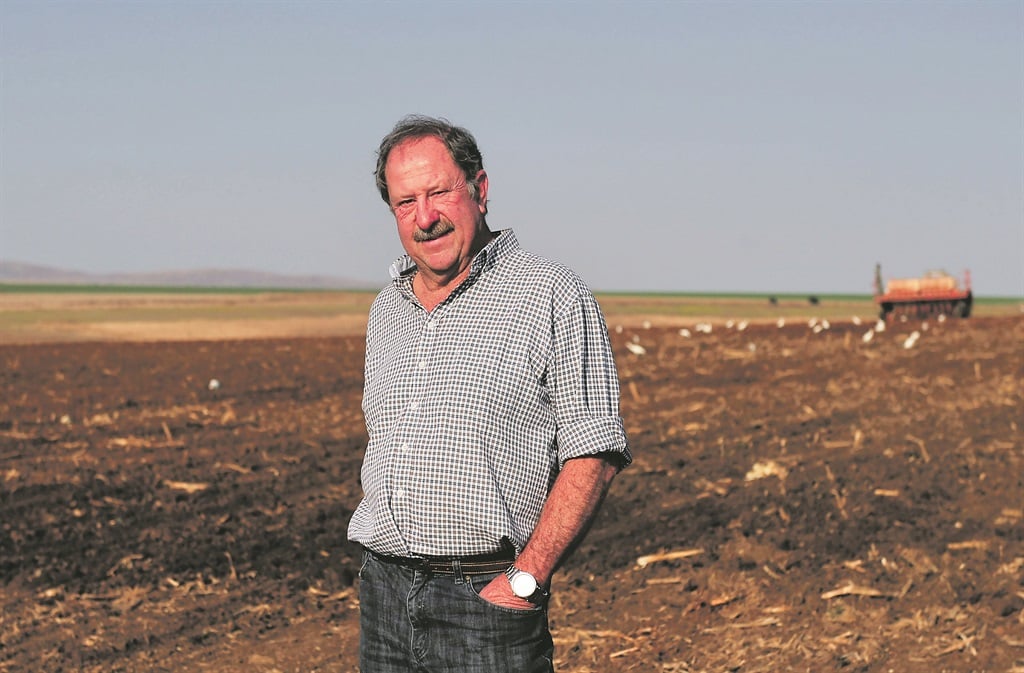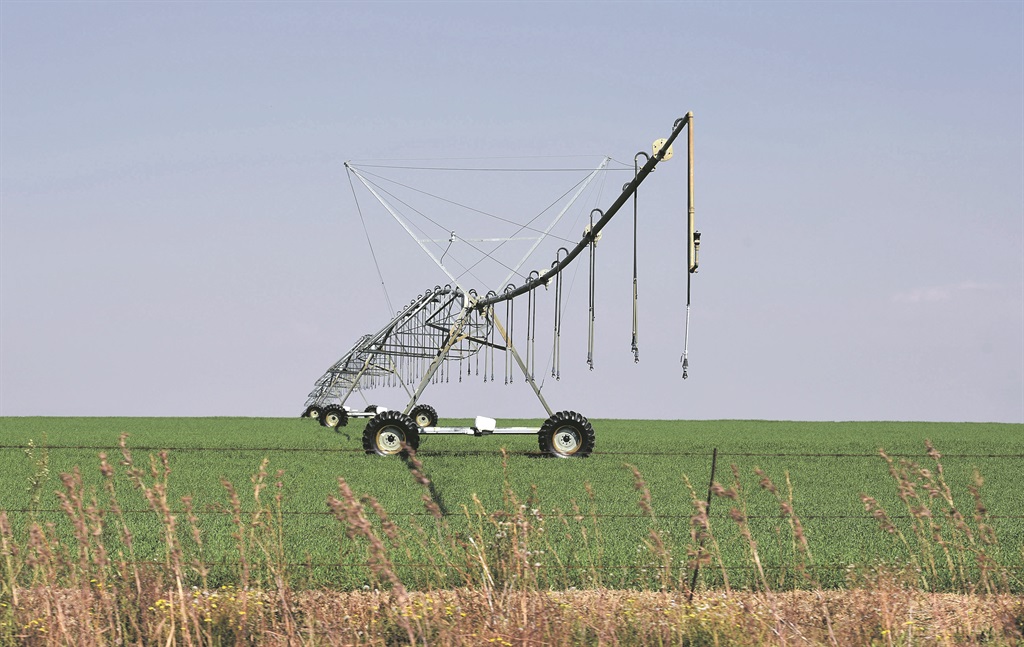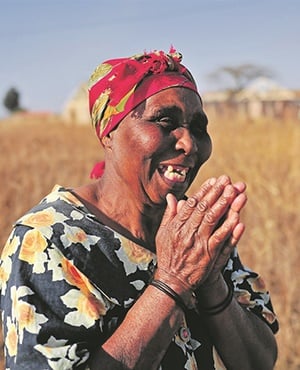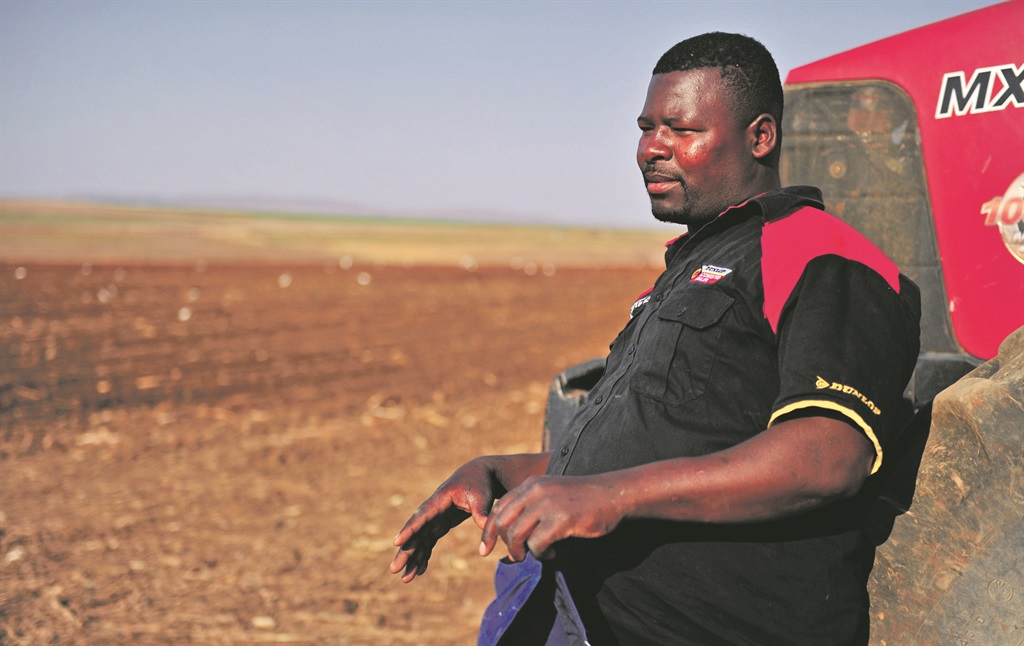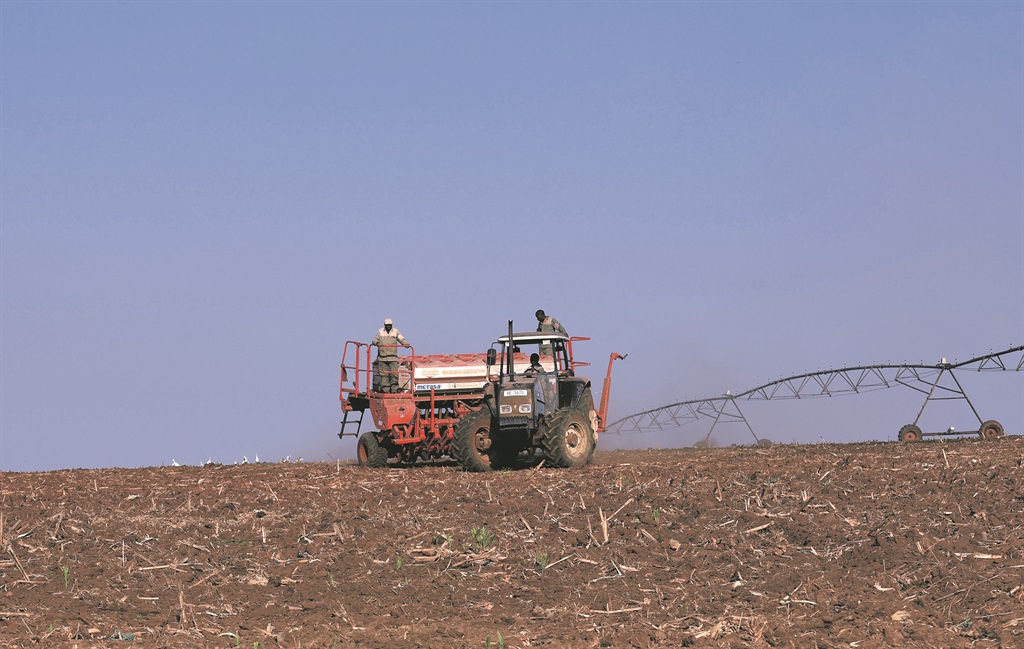Sibonelo in KwaZulu-Natal looks like any other ordinary settlement – with unplastered exterior walls on most of the houses, which make them look impoverished.
Outwardly, there’s nothing to differentiate the settlement from the RDP houses down the hill in the nearby Khethani township.
Until you get the story behind the name. Sibonelo is a Zulu name meaning something that is exemplary.
Unlike those who live in Khethani, the residents of Sibonelo own way more than the small plots on which their houses are built.
The residents were formerly farm workers on their employer’s farm, much like their ancestors were before them.
However, things have changed significantly for this generation – and for their descendants.
They own their residential plots, which are part of the 120 hectares they initially bought as a collective of 38 families from Peter Stockil on his Glenside farm outside Winterton, a small town lying at the foothills of the majestic Drakensberg mountain range which is a fertile farming area.
Stockil’s family had been farming in the area for more than 140 years and he said that the families who had worked there for decades should have land they could call their own.
To make this a reality he decided to take advantage of the Development Aid Laws Act 126 of 1986, which Stockil said allowed a person R15 000 to buy land.
The community identified 38 farm workers who should benefit and they applied for the grant to buy land in the area.
“I started looking for land to buy in 1996 and soon we found a place to buy and Isibonelo Community Land Trust was later registered with 120ha of land bought through it just outside Winterton; Each person paid R6 000 of the R15 000 grant to buy land and the rest went to building housing structures for each family on their own plots,” Stockil said.
More government funding was sought for the trust and soon they were able to start planting sorghum on about 60ha of their own land.
Stockil provides machinery and other implements needed for each planting and harvest season. He is one of the trustees who helps to oversee the affairs and finances of the trust.
Stockil said some of the original 38 still worked for him on his farm, as well as working their own land.
“I am glad they are now living on their own land close to town, which means they are nearer to schools and other job opportunities. We call this model agrivillage and we believe it can work in many other places,” he said.
Stockil firmly believes this is one workable option for land reform.
He says the community works their own plantation and, with the other trustees, they sit and decide how much of the money made from each harvest will go to each family and how much will be saved for the next planting season and harvest costs.
To keep them going throughout the year, it was agreed that there must be money saved for lean months. Each family gets R500 every month which comes with a bag of maize meal.
Extra money that goes into the trust account comes from a cellphone network provider that pays R3 000 every month for having a tower installed on the trust land.
One of the beneficiaries, Dudu Mabaso, said life in Sibonelo was “way too different from the time we lived on the farm”.
“We’re happy here living proudly on the land we own. Back then, we were on [Stockil’s] farm. It was his farm, his rules. Here, we do what we want and for the first time we are able to bury our people in our back yards as is our culture,” said 45-year-old Mabaso.
“What is even better about this place – besides us being owners – we work our own land and, with Stockil’s help, we’re able to enjoy the fruits of our own sweat when we get our shares after each harvest. We’re very close to town. Although some of our people still work in the farm, we hear of other job opportunities here.”
Another Sibonelo resident, 72-year-old Frina Hadebe, said she was born on the Stockil farm, working there before she moved to Johannesburg.
She came back after her family was moved to Sibonelo where she is now a resident.
“For the first time in my life, I can say I own land and I plough my own land. This was a brilliant idea by Stockil, which should be implemented to benefit other communities out there ... we don’t only own a piece of land but we’re living off of it,” Hadebe said.
“I hear how people out there want land from white farmers and I ask myself, what if we had all this land to ourselves but had no Stockil helping us to make money out of it? While it is a good thing for people to own the land, I just pray that we all put it to good use and make a living out of it.”
A worker on Stockil’s farm, 32-year-old Sineliso Hadebe, was born and bred on the farm; he worked and lived there until his family became beneficiaries of Sibonelo trust.
He has got his own views on land expropriation without compensation.
“Some people will say it is because I have had all my life on the farm, but I don’t think taking away land and giving it to everyone will work when we don’t know how to use it,” he said.
“We haven’t much right now, then we get land; how are we going to use it?” he asked.
“My community got land but we still rely on Stockil to make each of our crops a success. Many of us can’t even manage a backyard garden and yet we want bigger land ... people will lose jobs and children will go hungry.”
While the Sibonelo concept is working well despite their crop project being affected by droughts like all other farmers, Stockil said he was worried that land expropriation might harm the country in many ways.
He said that if it is done, it needs to be done in such a way that those who take over know how to put the land to good use.
“It will be good to find aspiring farmers, get them funding, land and put them to work. To just give people land won’t be challenging at all,” he said.
“It will damage the economy if that land is not used after being given away. It will damage everything and there will be nothing left at the end of it.”
Back in Sibonelo, the harvesting has been done and the trucks, loaded with sorghum, have already left Winterton for delivery in the North West.
Soon the small community will sit down and decide how they will spend their biggest annual payout for the benefit of them all.
Then, in no time at all, it will be time to hit the fields again and prepare for planting time – steadily growing the prosperity of their community one harvest at a time.
This feature is part of a journalism partnership called Our Land between City Press, Rapport, Landbouweekblad and Code for Africa to find the untold stories, air the debates, amplify the muted voices, do the research and, along the way, find equitable solutions to SA’s all-important land issue
TELL YOUR STORY
You, our readers, are the most important part of the Our Land project. We would like you to tell us your stories so that we can share them across our partner network
Email us on ourland@citypress.co.za




 Publications
Publications
 Partners
Partners




